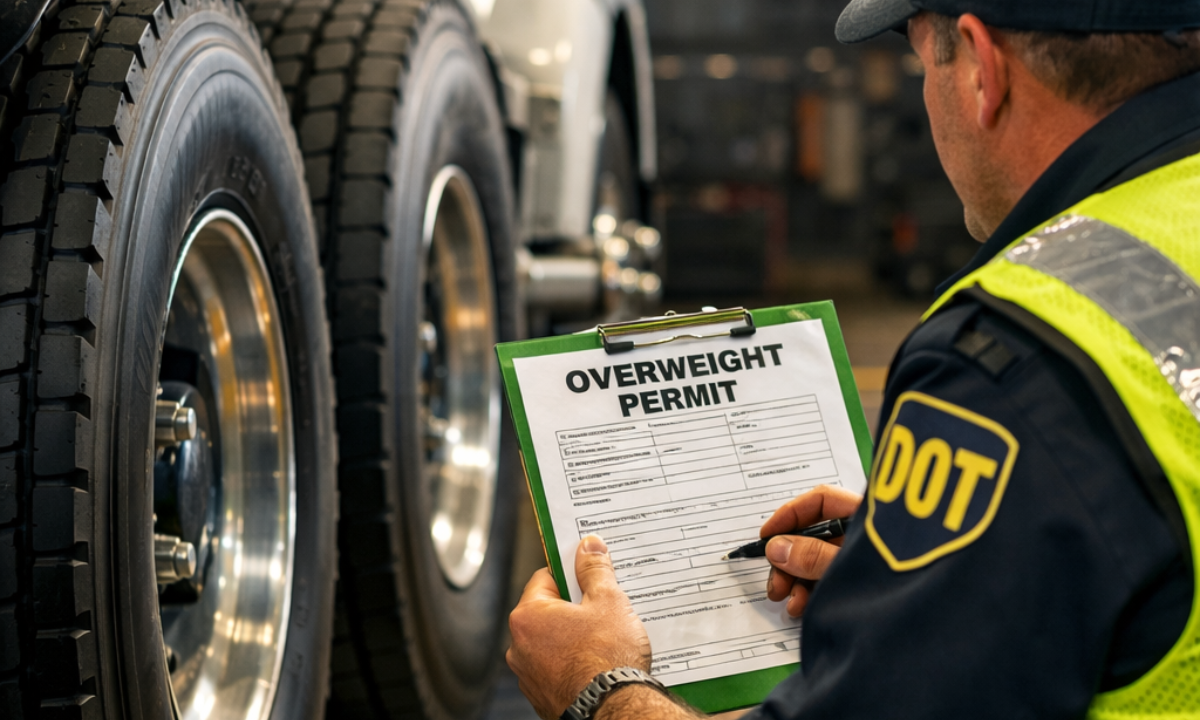What are the best ways to stay alert and awake on long drives?
Best Ways for Truck Drivers to Stay Alert and Awake on Long Drives
Long-haul trucking requires extensive hours on the road, and it becomes easy for a driver to get exhausted and lose concentration. Staying awake, alert, and managing quick reflex action on the road is imperative for the safety of all involved, for conforming to the FMCSA Hours-of-Service (HOS) regulations, and ultimately for the security of both driver and cargo.
Prioritize Rest First Before Every Trip
Anti-fatigue begins only when every trip is started with the driver being rested. A consistent sleep schedule helps in synchronizing the body’s own circadian rhythm. Drivers should sleep a minimum of 7-8 hours and never begin a shift on a poor night’s sleep. Sleep, in the view of the FMCSA, is a matter of safety and not merely comfort.
Schedule Breaks to Stay Fresh
Scheduled rest at intervals on long hauls is important. Twenty to thirty minutes take a nap on such occasion will greatly help restore mental clarity. Stretching, walking, and light exercise will improve circulation during such breaks and help to reduce stiffness and sleepiness.
Stay hydrated during the drive.
Dehydration can result in fatigue, headache, and lack of concentration. Drinking water frequently keeps driver’s alert more than any caffeinated beverage could do. Temporary bouts of alertness from coffee and energy drinks should be maximized and spaced out in time to avoid crashing down to low energy levels.
Have a Healthy, Balanced Diet
Fatty and greasy foods can make one sluggish, while light meals rich in protein, fibers, and complex carbohydrates keep energy going for longer stretches. Instead of junk and processed food, diners can choose to nibble on some healthy options, such as nuts, fruits, or protein bars. Eating healthy meals is a sustained investment to improve alert driving performance.
Create Comfort in the Cabin & Stay Ventilated
A comfortable and fresh cabin enhances the focus of the driver. Drowsiness can be avoided by maintaining a slightly cool ambiance within the truck- the air can be adjusted or a window can be let open. Also, keeping the right posture while sitting helps curb fatigue, thereby enhancing overall endurance during long trips.
Use Music, Audiobooks, and Interactions as a Stimulus
Audiobooks, trucker podcasts, and lively music stimulate the thinking process. Avoid sleep-inducing material. Change it up between talk shows and music, making long stretches fun on the freeway.
Avoid Driving at Night as Much As Possible
Driving at night is contradictory to our natural sleep pattern. Daytime driving should be opted wherever feasible. If unavoidable, burn the midnight oil; turn overhead lights on during breaks and minimize driving blocks.
Heed the Early Warning Signs of Fatigue
Increasing fatigue offers lame excuses for indulgences. Examples include yawning, heavy eyelid experiences, fading off the lane, etc. Ignoring such signs may end up carrying dire consequences; thus, stopping to take a break once fatigue sets in should be topmost priority.
Make Use of HOS Loomings As Per FMCSA
The Hours-of-Service (HOS) rules exist to shield truckers from excessive brinks of exhaustion. Conforming to HOS entails driving for designated times, mandatory rests, and logging hours correctly to remain compliant and ensure road safety.
Adopt Certain Healthy Living Conditions for Lasting Alertness
Activities are working out regularly, reporting good diets, limiting alcohol intakes, and being away from tobacco smoke boosts suitable energy and concentration levels during driving. Good Mental health is equally important thus; manage stress through relaxation or a hobby within resting time which can also cause a significant difference in keeping alert.
Final Thoughts
To remain alert on long drives is a mixture of good sleep, smart nutrition, hydration, little movement, and compliance with FMCSA guidelines. Truck drivers who diligently care for their health, declare their periods of rest, and make use of reasonable amenities go a long way on their path of ensuring not only their safety but also a general excellence in job delivery.
Disclaimer: The information provided in this blog post is for general informational purposes only. While we strive to keep the content accurate and up to date, we do not guarantee its completeness, reliability, or accuracy. Any actions you take based on this information are strictly at your own risk. We are not responsible for any losses, damages, or inconveniences that may arise from the use of this blog.












